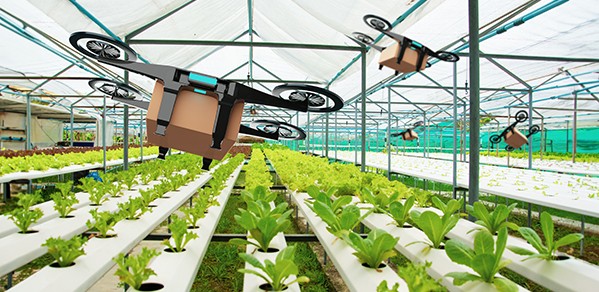
AgriFoRwArdS – the world's first EPSRC CDT in Agri-Food Robotics – is developing a new generation of highly skilled researchers and leaders in robotics and autonomous systems (RAS) with interdisciplinary expertise.
The CDT experience has been a once-in-a-lifetime opportunity for me. The work is challenging but incredibly enjoyable, as it allows me to engage with a wide range of robotics projects.
PhD student Elijah Almanzor
Established by the University of Lincoln in collaboration with the University of Cambridge and the University of East Anglia (UEA), AgriFoRwArdS brings together a unique collaboration of leading researchers located at the heart of the UK agri-food sector, as well as leading industrial partners from across the food, farming and robotics industries.
The Centre offers students a four-year programme in a research-intensive environment. Students conduct one year of study for the MSc in Robotics and Autonomous Systems at the University of Lincoln, followed by three years of PhD study at one of the three partner institutions.
Here we meet some of Cohort 2 who have been studying at the Department of Engineering, University of Cambridge. They began the programme during the COVID pandemic, working predominantly in isolation for a period, and they are now nearing completion of their PhDs. Some are establishing or have plans to launch their own spin-out companies, while others are taking up academic appointments.
Elijah Almanzor | Haihui Yan | William Rohde | Haris Matsantonis | Jack Foster | Grzegorz Sochacki (Cohort 1)
Elijah Almanzor
Elijah (Fitzwilliam College) is a PhD student at the Bio-Inspired Robotics Laboratory (BIRL), under the supervision of Professor Fumiya Iida.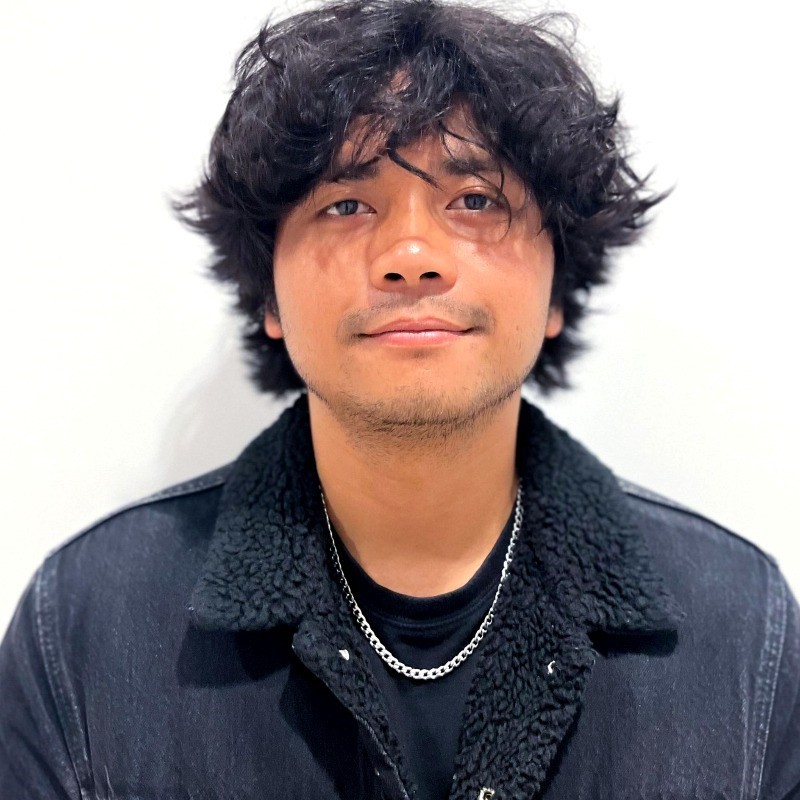
About my research
“My research is focused on the sensory-motor coordination of a diverse range of robots, including rigid and soft robots for agricultural applications, as well as hybrid forms like musculoskeletal systems, which serve as platforms for exploring bio-inspired methods.
“Animals are naturally adept at sensory-motor coordination, however, as we shift from traditional robots to designs with more animal-like morphologies, enabling more robust deployment in real-world environments, as well as achieving effective coordination and environmental interactions becomes increasingly challenging.
“Professor Iida is a fantastic supervisor. He has provided tremendous support, and I have learned so much over the past three years through his guidance and mentorship. I would also like to thank the rest of the BIRL for their support and help over the past few years.
“I am also very grateful to the Jersey Farmers’ Union for their generosity, not only for funding my research and providing research materials, but also for their warm hospitality whenever Bradley Hurst and I visited to learn more about their operations.”
My future goals
“I am interested in founding a company. I am also hoping to start a post-doc after the PhD to work on marketable robotic technologies for a spin-out.”
My thoughts on the CDT experience
“It has been a once-in-a-lifetime opportunity for me. The work is challenging but incredibly enjoyable, as it allows me to engage with a wide range of robotics projects. It is bittersweet knowing that my PhD journey is coming to an end soon!
“The CDT and my PhD journey have taught me plenty of invaluable hard and soft skills. On the one hand, I have learned a great deal about ideating, planning, executing, writing and publishing robotics projects. On the other, I have gained enormous experience in collaborating effectively, presenting, and communicating with others. Additionally, the CDT’s industrial talks and presentations have provided valuable insights into the world beyond academic robotics.”
“Developing robots for the lab is vastly different from deploying them in real-world environments. While there is still much to learn, I believe these skills gained through the CDT are essential for my future career.”
Haihui Yan
Haihui (Corpus Christi College) is an Alec Dyson Scholar, under the supervision of Dr Sebastian Pattinson. She has an educational background in Mechanical Engineering and Robotics. 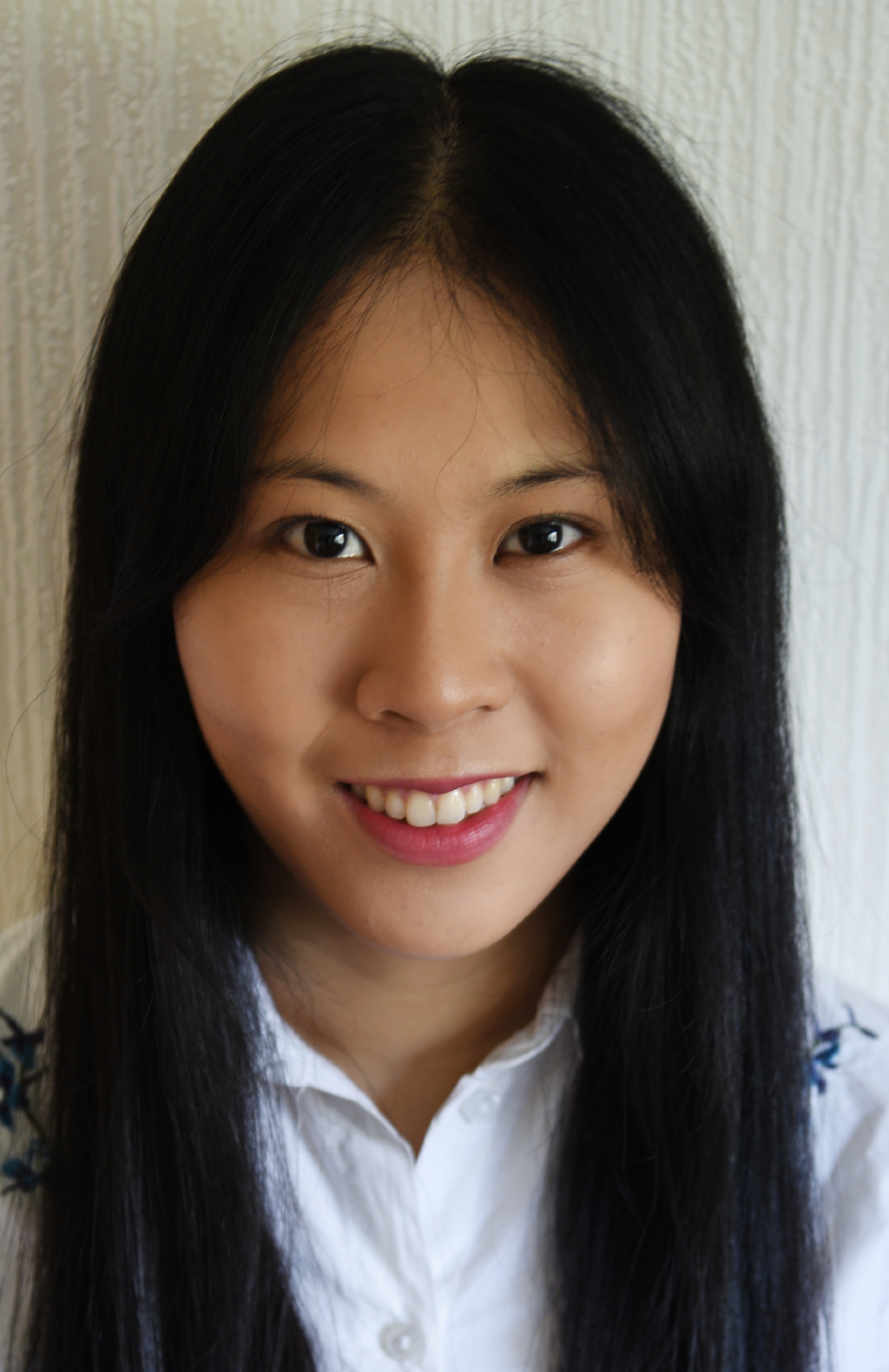
About my research
“My research is focused on investigating soft grasping – using soft robotic grippers specifically designed for strawberry harvesting. I have focused on exploring the use of stimuli-responsive materials and integrating them with other materials to create multi-material soft grippers.
“To bring these innovative designs to life, accessing an appropriate manufacturing platform is essential, thus, my work also involves designing and prototyping manufacturing platforms tailored for soft robotic grippers.
“The support offered by the Dyson Foundation during my PhD has been of great importance. In particularly, the guidance offered from my Dyson Engineering mentors has allowed me to improve my research and gain a better understanding of my research topic from an industry perspective. The opportunity to speak with Dyson engineers has also enabled me to better understand how to best utilise my research for real-world applications.”
My future goals
“I hope to continue to work within the robotics sector within Research and Development. I hope to apply all the know-how I have learned during my PhD and develop innovative and impactful solutions.”
My thoughts on the CDT experience
“This experience has been very valuable. Not only has it allowed me to grow as a researcher, but it has also allowed me to gain and improve on many useful skills. I have also benefited from many useful opportunities that I would have been unlikely to experience outside the CDT.
“I have found the student cohort system to be very meaningful, as I have had the opportunity for peer-to-peer learning and discussion on a variety of topics outside of my research area. This structure has enabled me to broaden my general robotics knowledge. It also fosters a supportive environment where students can share experiences and help each other navigate the PhD journey.”

William Rohde (far left) with some of the team at G's Growers. Pictured centre is Ralitsa Petrova (Data Sampler), second right is Rosen Radkov (Data Analyst) and far right is Juan Antonio Martínez (Head of Data Science).
William Rohde
William (St Edmund's College) is a PhD student in the Control Group at the Department of Engineering, under the supervision of Professor Fulvio Forni. Prior to this, he studied Mechanical Engineering at the University of Leeds, graduating in 2017, and joined Xihelm as a mechanical engineer. Xihelm was an agri-tech start-up that aimed to build autonomous robots for tomato harvesting.
About my research
“My research is focused on using control theory to improve Variable Rate Application (VRA) for precision agriculture. Specifically, I consider the field as a multi-agent system, where each plant is an agent that can be sensed and managed independently. By regulating the fertiliser input for each plant, I aim to optimise growth and resource use across the entire field.
“I have had a lot of collaboration with G's Growers. As well as many useful discussions with the team, they have allowed me to carry out five field trials in their crop, with site visits twice a week over the growing season. I really couldn't have expected more from the collaboration.”
My future goals
“I am interested in creating a spin-out project following the PhD and I have carried out a Lincam proof-of-concept project to demonstrate the suitability of our VRA approach for commercialisation, and increase its level of technology readiness.”
My thoughts on the CDT experience
“The CDT programme has allowed me to explore complex concepts in my niche, while still maintaining an overview of robotics, machine learning, and agri-tech, through the other students’ projects. Fundamentally, engaging in PhD-level research has allowed me to develop the perseverance and resilience needed for long-term projects, which will be invaluable in any future role.”
Haris Matsantonis
Haris (Lucy Cavendish College) is supervised by Professor Joan Lasenby. Prior to joining the CDT, he completed a Postgraduate Diploma in Mathematics from the Open University and an MSc in Applied Mathematics from Heriot-Watt University.
About my research
“Transitioning from mathematics to agri-food robotics was both exciting and challenging as I was used to working in abstract terms, but now I am applying these skills to solve real-world problems.
“Although my research was primarily theoretical and focused on developing algorithms, I relied heavily on MATLAB for prototyping and testing my ideas. MATLAB’s flexibility allowed me to check my algorithms before moving on to more complex implementations.
“During my three-month internship with MathWorks in 2023, I also learned important software development practices, such as version control and documentation. This experience improved the way I manage my projects, and I now feel much more capable of writing efficient and organised code for my research.”
My future goals
“I am excited to have been awarded one of only two EPSRC Doctoral Prize Fellowships for a period of two years at the Centre for Mathematics-Driven Innovation at Heriot-Watt University, which launched in September 2024.
“This fellowship places me in the role of an Innovation Expert, where I will work on interdisciplinary projects that apply advanced mathematics and statistics to solve real-world problems in collaboration with industrial and non-academic partners. Specifically, this position will allow me to use my expertise in mathematical modelling, numerical analysis and data science to focus on knowledge exchange, and directly apply academic research to practical applications.
“Looking ahead, this fellowship provides an incredible chance to further develop my skills while engaging with industry partners and expanding my research network. Whether I continue in academia or transition into industry, the combination of technical expertise and collaborative experience I’ll gain through this role will open many career possibilities.
“My goal is to use mathematical innovation to address practical challenges and create impactful solutions across various sectors.”
My thoughts on the CDT experience
“The CDT experience pushed me out of my comfort zone, especially with learning new technologies, but it also offered excellent training and support. I now feel much more confident in tackling interdisciplinary challenges and combining mathematical theory with practical solutions.
“I learned about robotics, automation and machine learning, all of which are essential in the today’s industry. The interdisciplinary nature of the CDT gave me the opportunity to work with experts from different fields, which will be invaluable in future projects. Additionally, the industry connections and hands-on experience I gained through the programme will be key to helping me succeed, whether I continue in academia or move into industry.”
Jack Foster
Jack (Corpus Christi College) is an Alec Dyson Scholar, under the supervision of Professor Alexandra Brintrup. He was previously an Enrichment Student at The Alan Turing Institute (during his PhD at Cambridge). He has a Bachelor's in Computer Science from Keele University and a Master's in Robotics from the University of Birmingham.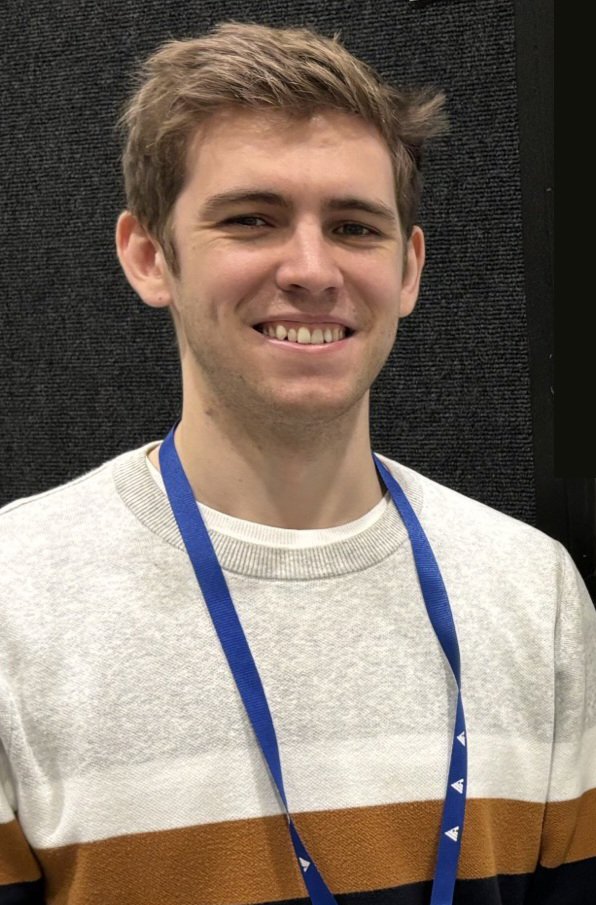
About my research
“My research focuses on a mixture of things. Primarily, I published on the topic of machine unlearning – helping neural networks forget private and sensitive information without retraining them.
“In addition, we have done work on continual learning, and applied graph learning to problems in forced labour and unsustainable food supply chains.”
My future goals
“Right now, I am leaning towards industrial research, but I am still open to opportunities in academia or even a start-up.”
My thoughts on the CDT experience
“I am now far more confident when it comes to things like international travel and public speaking.”
Catching up with Grzegorz Sochacki from Cohort 1
Grzegorz is an AI engineer at Samsung R&D Institute, in Poland, working on the implementation of AI, mainly language models. Prior to joining the CDT, he started his career in electronics with a Master’s from the University of Edinburgh.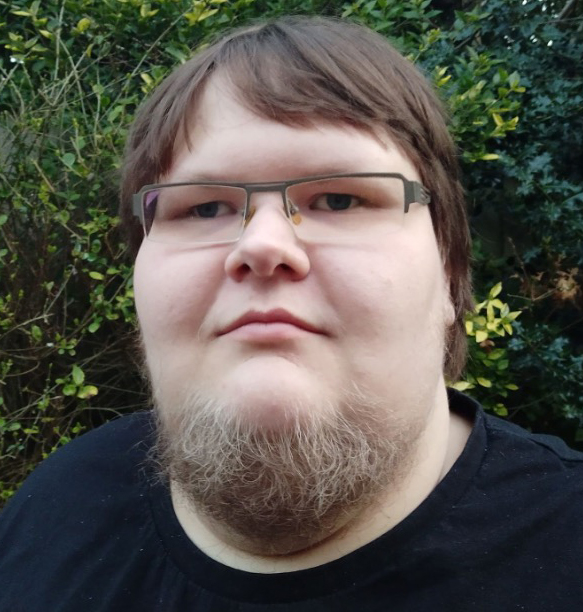
About my research
“My research focused on applying various control and AI algorithms to enable a robot to cook in a human-like way. Among others, I have used computer vision to enable a robot to learn from cooking videos, and machine learning to allow a robot to learn when food was cooked. The pinnacle of my research was using electronic taste as a tool for the robot to learn from its own cooking mistakes.”
My thoughts on the CDT experience
“Joining the CDT was my key to entering Cambridge with all its amenities, networks, and an ambitious and efficient environment. This allowed me to access mentorship at Wolfson College, the University, and the CDT.”
Applications now open
Lincam Ceres Agri-Tech Projects and Proof of Concept Awards are now open for applications from researchers at Ceres Agri-Tech’s partner Universities, Lincoln and Cambridge, to build academic and commercial links to support the onward development and commercialisation of agri-tech innovations.
Both funding streams are open to AgriFoRwArdS CDT students who wish to develop and commercialise the agri-tech innovations from their PhDs. In the June 2024 call, AgriFoRwArdS CDT student William Rohde was awarded Lincam Proof of Concept funding to develop a variable rate fertiliser tool for lettuce growing.
Ceres Agri-Tech is offering training and support sessions for AgriForwards CDT students who would like to know more about how to translate their research. These will run in January 2025 and from March 2025 onwards. For more information and to register, email: info@ceresagritech.org

